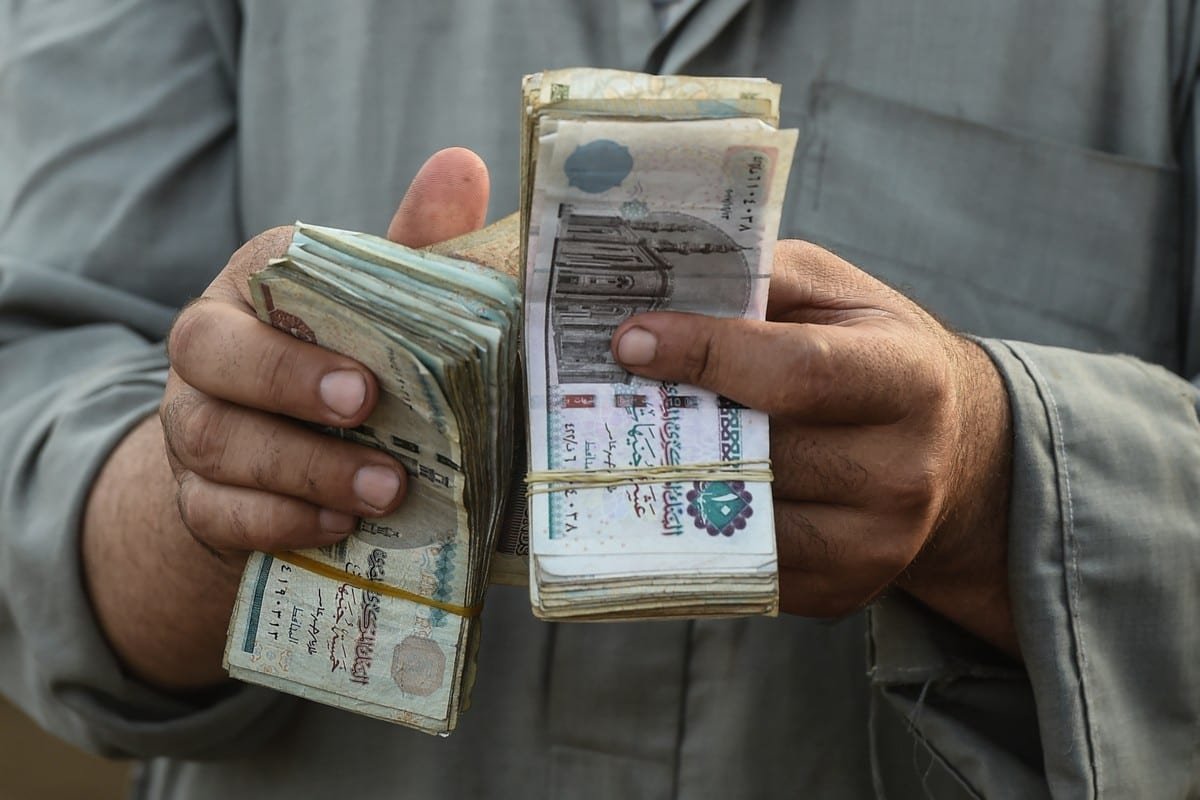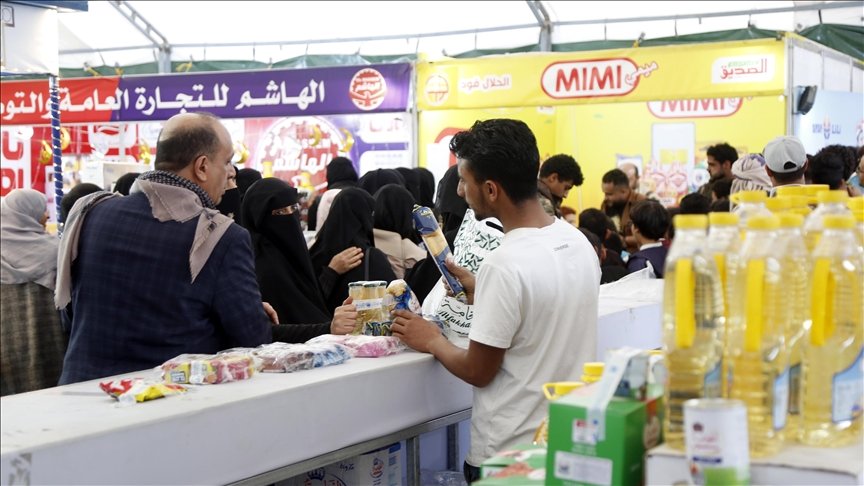Last Updated:
This country’s prosperity does not depend on size, military might, or natural wealth, but on intelligent planning, economic prudence, and visionary governance.

Liechtenstein has more registered businesses than citizens, creating a surplus of employment opportunities and strengthening its export-driven economy.
In global discourse on development, nations are often measured by their vast territories, military strength, robust currencies, and massive international airports. Yet, a tiny European country nestled between Switzerland and Austria defies this traditional understanding.
Liechtenstein, one of the smallest sovereign states in the world, has neither its own international airport nor a national currency. Still, it ranks among the wealthiest countries in terms of per capita income and stands as a model of economic efficiency.
Despite its size, covering just 160 square kilometres, Liechtenstein has built an economic structure that rivals major global economies. It does not operate its own central bank and has adopted the Swiss Franc as its official currency.
This strategic decision has shielded the country from the financial burden of managing monetary policies, inflation control, and currency printing. Economists say this choice has played a pivotal role in ensuring long-term financial stability and fiscal discipline.
Liechtenstein also lacks an international airport, yet connectivity poses no challenge. The country seamlessly relies on modern airports in Switzerland and Austria. Residents and visitors commonly travel via Zurich or Innsbruck airports and enter Liechtenstein by car or train. Well-maintained road networks with open borders ensure smooth and quick access.
The backbone of Liechtenstein’s economy is its high-end manufacturing sector. The country is a global hub for precision industrial equipment, advanced technology products, dental tools, automotive components, and even parts used in space missions. Internationally renowned companies such as Hilti, known for construction machinery, have their global headquarters here.
Remarkably, Liechtenstein has more registered businesses than citizens, creating a surplus of employment opportunities and strengthening its export-driven economy.
Another striking feature of this nation is its extremely low crime rate. With a population of just under 40,000 and a disciplined administrative system, crime is nearly non-existent. Locals often claim that homes remain unlocked without worry. Reports from various international agencies also describe crime incidents as negligible, reinforcing Liechtenstein’s image as one of the safest places in the world.
Experts argue that the country’s success is rooted not in military strength or natural resources, but in efficient policy-making, precise resource utilisation, and strategic partnerships with neighbouring countries.
By cutting unnecessary costs, exporting high-value products, and maintaining social trust, Liechtenstein has created a sustainable model of governance.
October 25, 2025, 15:29 IST
Read More







